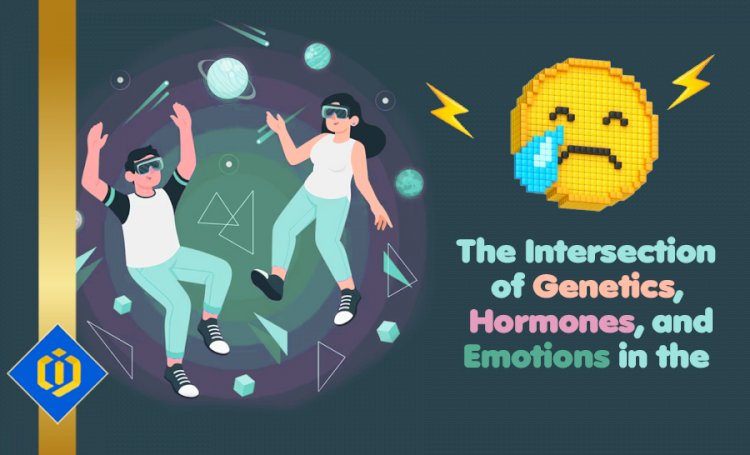How Are the Genetics, Hormones, and Emotions Involved in the Metaverse?


content-team Mar 10, 2023 84
content-team Jan 24, 2026 80
content-team Jan 24, 2026 78
content-team Jan 24, 2026 70
content-team Jun 10, 2022 1511
Crypto exchange Binance seeks critical license in Philippines. Ape Coin will remain...
content-team Sep 14, 2022 1465
Near Protocol will be the 14th Blockchain network to host Tether, the largest Stablecoin...
content-team Aug 23, 2022 1315
Crypto Punk and Bored Apes Yacht Club floor values have gone head-to-head recently....
[email protected] Jan 23, 2019 2576
According to the informed, the Facebook company is working on a cryptocurrency in...
[email protected] Mar 7, 2019 2727
Over this week, more than 150 people were able to buy pizza using the Lightning...
content-team Jun 9, 2022 1348
LUNA 2.0 tumbles 80 percent less than two weeks since its launch. Litecoin gets...
[email protected] Mar 25, 2019 2603
Although the market of cryptocurrencies did not experience a good condition in 2018...
content-team Apr 3, 2022 1475
Cardano is going mainstream with stellar growth as Snoop Dogg readies to issue Cardano...






